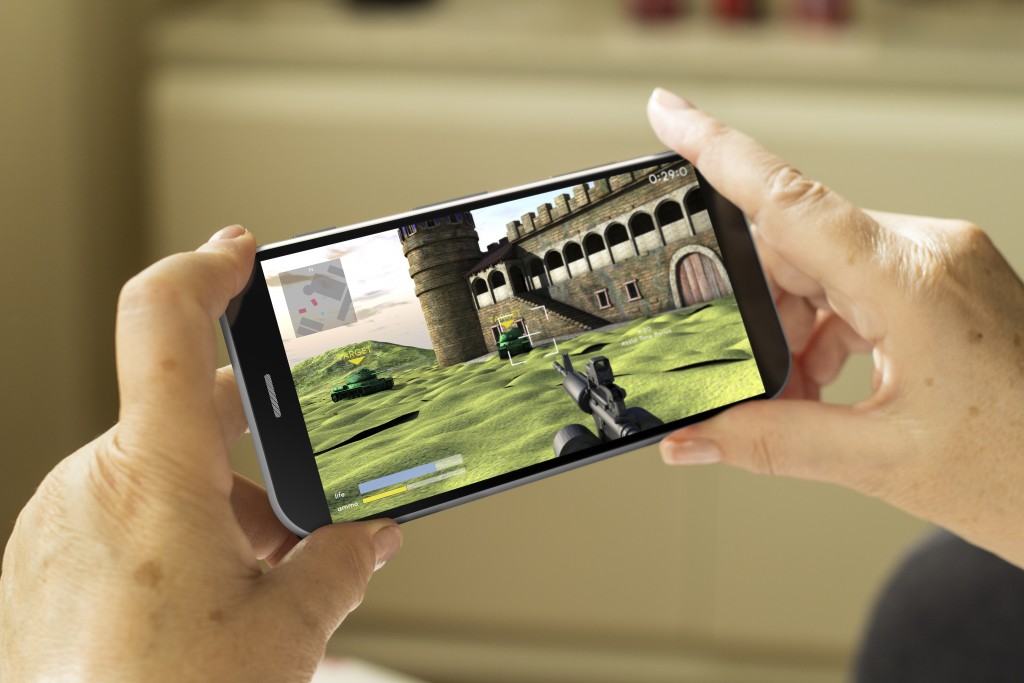A decade or two ago, most parents worried about the possible effects of video games on their kids. Today, those kids have grown up and might already be raising the next generation. Everything seems to be just fine. Gaming is now a widely accepted mainstream activity.
Technology might have helped gaming become as ubiquitous as the modern smartphone. But the general view is that we play video games to kill time. Children are expected to move on to more serious and fruitful pursuits eventually. Adults can continue to play in their spare time as a form of stress relief, but anything more than a few hours a week is frowned upon.
Part of the problem is that video games aren’t perceived as having a tangible impact in the real world. And many of these games cost money to play. Sink enough time into a hobby with no returns, and you’ll eventually turn to a bankruptcy attorney to get your affairs sorted. But what if gaming could help to improve your career?
Developing essential skills
Many people have become alarmed over the growing problem of student debt. The millennial generation experienced the biggest crunch in this regard. This negative experience has shaped their attitudes toward education as well as those of generations to follow. When a college degree no longer provides you with the skills necessary to get hired in a competitive job market, you might want to rethink the value of this expense.
By contrast, video games can help you develop essential skills at a fraction of the cost of a college education. Often, these skills are intangibles. They might not find a place on your CV, but they will help you throughout your career. Gaming encourages you to solve problems, improve your creativity, and develop a persistent attitude. Titles in the strategy genre often require you to master resource management.
Contrary to many stereotypes, gamers can be surprisingly friendly. Older games were developed before the Internet became a significant influence on society. Today, popular games have a social element. Players routinely compete and collaborate with friends and strangers. The relative anonymity of interacting within a virtual environment can remove certain forms of inhibition.
A matter of transference

Gaming can enhance your intangible skills. Over time, a person who communicates and collaborates well, and is a creative and determined problem-solver, will be able to progress in any career. But how does it get your foot in the door?
It’s worth mentioning that a few career paths do, in fact, value gaming experience. Apart from the gaming industry itself, you could translate gaming skills into value in fields such as animation or software development. If you’re exceptionally skilled at competitive play, making money from an eSports career can be an option. Trading within the virtual economy of various games can also let you translate virtual efforts into real-world money.
For most casual gamers, however, it’s impossible to ignore the challenge of transference. How do you demonstrate that your gaming hobby has helped transform you into a person who creates value for future employers? One way is to take intermediate steps. If you know that gaming has made you good at something, take on a short stint as a volunteer or intern doing that sort of work. Prove yourself in this way, and you can put that on your resume.
Alternatively, you can let your gaming experience kick-start your career path. For instance, a game such as EVE Online requires players to develop some real business acumen. With that sort of expertise, you could make the jump to run a successful startup.
Gaming your approach
The hours you spend playing video games can impart some valuable skills. Translated properly to your efforts in life, these can help accelerate your development. And when you move further along in your career, you earn more money.
But gaming can also lead to a more fundamental and beneficial change. Video games can change how you think and embrace learning. Whenever you play a game, there’s an understanding that you’re in an environment where it’s safe to fail. This gives players the freedom to repeatedly exert themselves in an attempt to ascend the learning curve and master the game.
It’s a lesson that gamers don’t always apply to the real world. Yet non-gamers often miss that lesson completely. Embrace this, and you’ll understand that taking small risks in a safe environment can apply to business and the workplace. You’ll become an innovator. And in our rapidly changing world, that can be the most significant asset any person has to offer.




